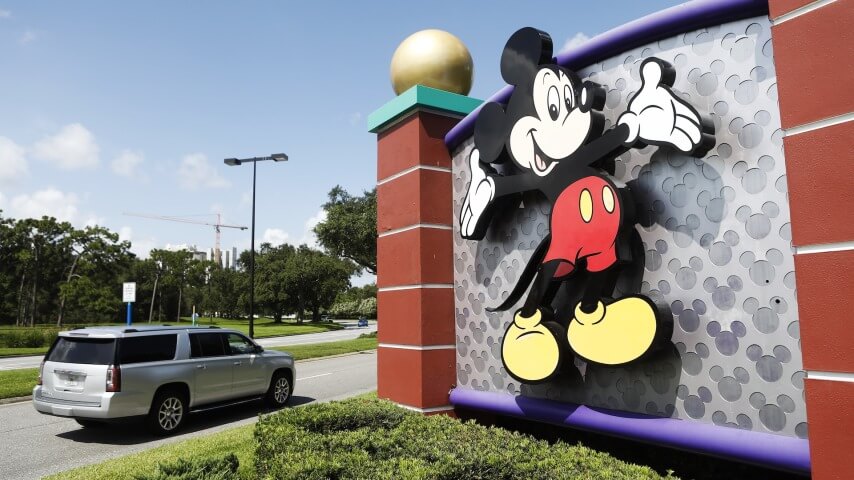The former is pretty straightforward: Pursuing big streaming ambitions in the late 2010s and early 2020s was very expensive, and guys like Warner Bros. Discovery’s David Zaslav came into power largely on promises to cut back on billions in debt. (Not wholly successfully; the Puck piece notes in passing that WBD’s credit rating got dropped down to “junk bond” status last month, which might explain why Zaslav’s shareholders are so pissed at him right now.)
As to the consolidation issue, Belloni takes as his primary example here Disney, which has been struggling to achieve its dreams of being your number one number two go-to spot for streaming for years. (It’s not beating Netflix; nobody’s beating Netflix, so a strong second place finish is all that can really be hoped for.) A lot of the firings and layoffs at Disney over the last couple of years have been all about getting rid of smaller arms of its far-flung TV and film production, and getting them all jammed together under a few big umbrellas—which, by the nature of the beast, means firing a lot of people who were doing similar work for those component parts. (The purchase of Fox in 2019 only exacerbated this, obviously, even as most of the company’s TV production has been folded into 20th Century Television.) This same strategy is going to probably be what ends up killing Hulu off as a separate service for good, by the way—although that gets trickier when you remember Disney still doesn’t have full control over the streaming service. (Comcast still technically owns a 30 percent chunk of the streamer; the companies have been fighting for years at this point over how many billions that piece of Hulu is going to end up costing Da Mouse.)
Belloni pulls this all back to Disney’s overarching goal for Disney+, and all the little tendrils still trailing off of it, like Hulu, ESPN, and its foreign market equivalent Hotstar: The dream of someday becoming a “platform,” instead of just a service. That is, of installing in people’s brains the idea that you don’t just go to Disney+ to see Disney content, but to stream TV and movies generally. That’s why the company has been pursuing sports so aggressively; that’s why it’s been offering to team up with Warner Bros. Discovery to bundle in Max with its existing content. The streamers all tried the thing where they lured users in with bespoke, individually branded content, and all it did was lose them all enormous amounts of money, while forcing all of us to keep track of like 50 different passwords. Disney’s new plan is apparently to, basically, re-invent the concept of cable, by slimming down its own offerings while also becoming a marketplace for those of others—and it’s going to keep laying people off until it can make that dream a reality.

 Keep scrolling for more great stories.
Keep scrolling for more great stories.
